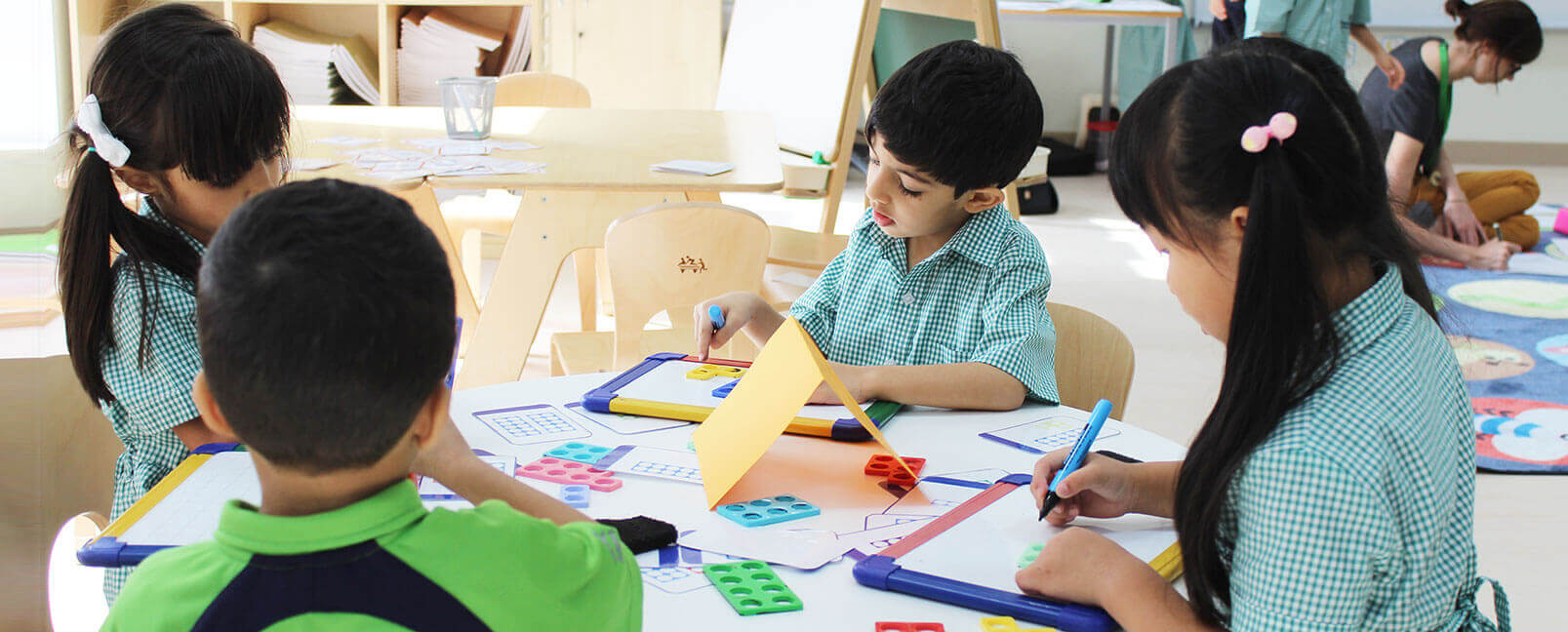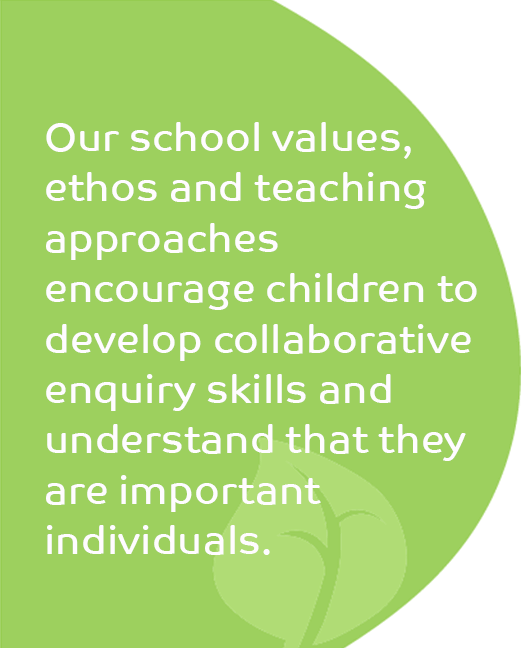Primary School
Primary school students at Aspen Heights British School are provided with many opportunities to develop and thrive.
Learning is not limited to the classroom, but can also take place outdoors or through an educational visit, or a community service project for example. Lessons are lively, fun and challenging, and provide pupils with many opportunities to think critically and independently. Success in examinations follows naturally from this approach.
In the Primary years (Years 1-6) we broadly follow the National Curriculum for England, tailored to meet the needs of our international community as well as the Ministry of Education curriculum for Arabic subjects for both native and non-native students (Arabic, Islamic Studies and Social Studies).
Students study four core subjects – Maths, Science, English (Reading, Writing, Speaking and Listening) and Computing – together with foundation subjects; History, Geography, Art, Design and Technology, Music, Physical Education, Swimming, French (from Year 3 upwards), and Moral Education.
We take time to shape the curriculum to meet the needs of all learners, selecting themes that are inspiring, motivating and relevant to our international cohort.
In addition to the British curriculum, our school values, ethos and teaching approaches encourage children to develop collaborative enquiry skills, and understand that they are important individuals who can make a positive difference to the lives of others. Our aim is to promote curiosity, to encourage students to ask questions, and to teach them to use their skills and knowledge confidently in real life situations.
Key learning areas
Thematic-based learning – learning in all subjects is related to a half termly theme;
Enquiry-based learning – children use a range of research methods to lead their own learning, incorporating innovation and technology;
Self-directed learning – children self-assess when learning new concepts and challenge themselves to achieve;
Talk for writing – story mapping and innovation enhance independent writing;
Number club – develops mental maths skills with certificates recognising achievement;
Phonics and guided reading – develop core literacy skills;
Extra-curricular activities (ECAs), trips and visits – enhance children’s learning incorporating local culture and our locality;
Integration of Arabic – linking learning through language;
Leading assemblies – classes share their learning to children and families in weekly assemblies.


